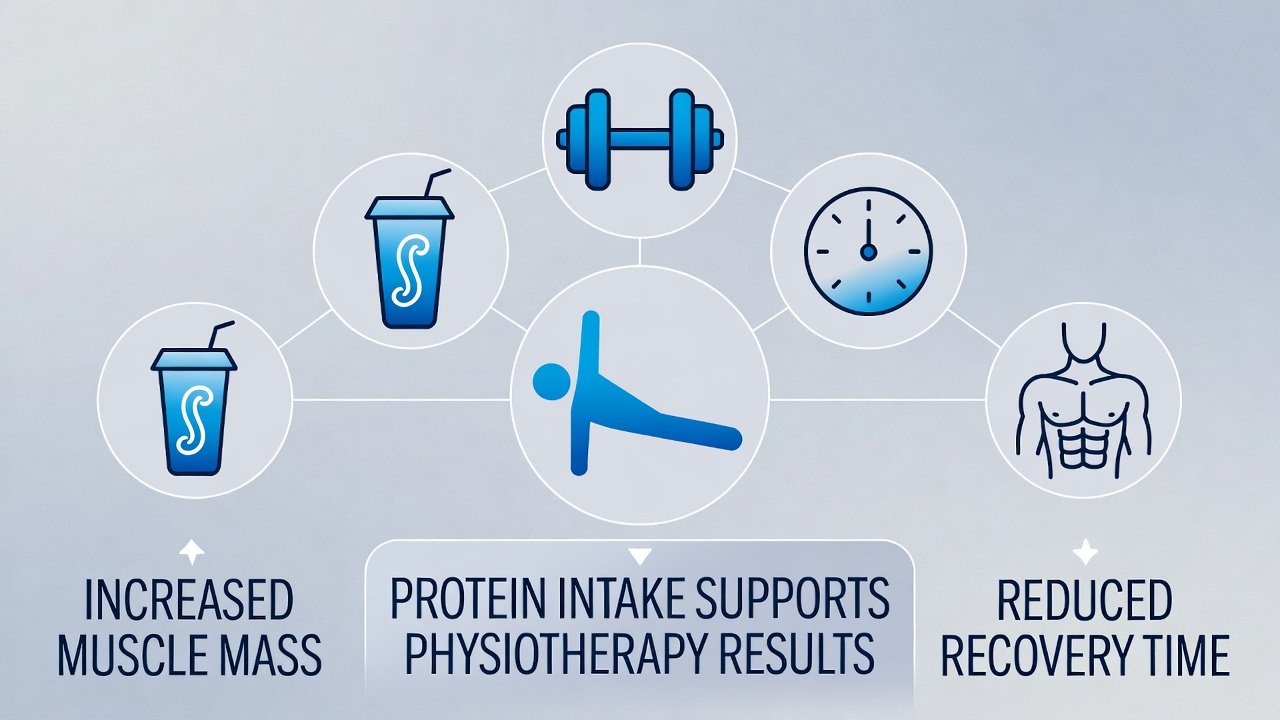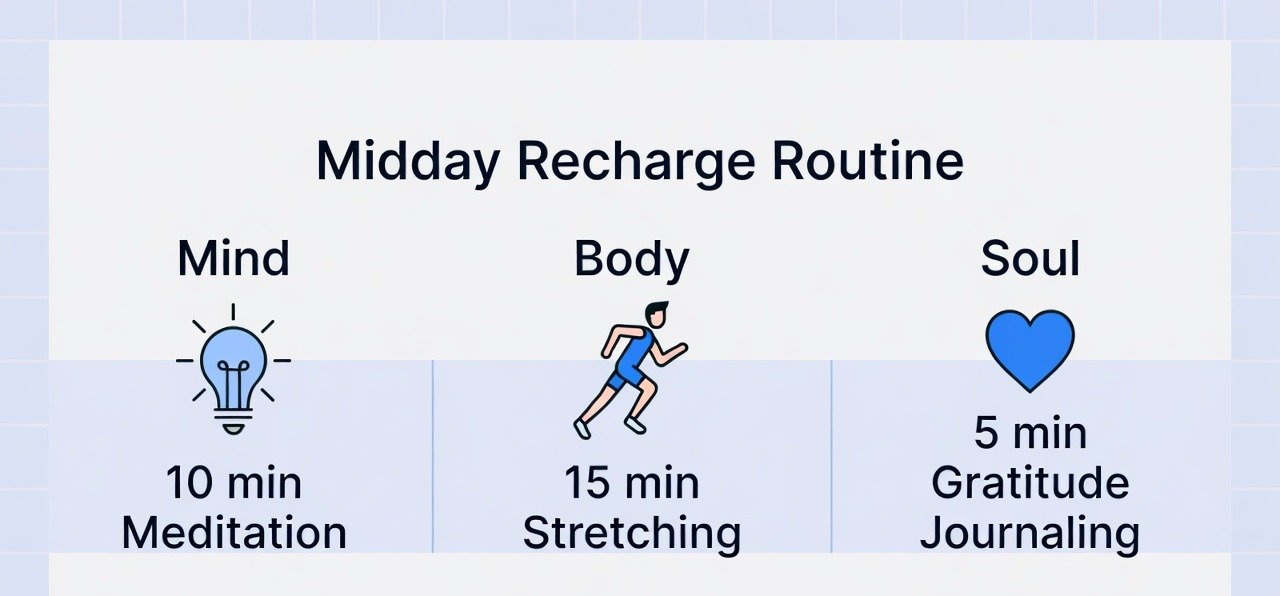Alan Gaby, MD had a great saying that describes the progression of poor health in America. He said it was a sequence, “Big Mac, Zantac, Prozac”. In other words, you eat junk, you develop digestive problems (reflux) and eventually, through the lack of necessary cofactors and nutrients, the nervous system is affected, creating depression.
GERD is an acronym for gastroesophageal reflux disease. And, according to Dr. Gaby’s model, your patient with reflux may have some issues with diet and lifestyle. Obesity has been linked to GERD, and the recent rise in the obesity epidemic may have led to an increase in GERD hospitalizations. A recent Healthcare Cost and Utilization Project Statistical Brief shows that the obesity epidemic has had a profound effect on hospitalizations. Between 1996 and 2004, the number of hospitalizations with obesity diagnoses increased by 112% while all other hospitalizations increased by only 13%.
All patients do not have the same symptoms, but they may have some or even all of the following:
- Heartburn (the most common symptom; a rising, burning sensation in the chest
- Sour or bitter taste from regurgitation of stomach contents
- Difficult or painful swallowing
- Belching
- Chronic sore throat
- Waterbrash (sudden excess flow of saliva)
- Hoarseness
- Bad Breath
Americans spend around $10 billion per year treating GERD. Up to 60% of the population at some time during the year, and 20% to 30% weekly, experience symptoms of GERD. More serious complications may emerge, such as the precancerous condition known as Barrett’s esophagus, as well as esophageal adenocarcinoma.
There are natural products that can help. For most people, dietary changes and simple supplementation are enough to relieve heartburn.
CAN IT BE YOUR PRESCRIPTION MEDICATION?
Gastric reflux can be caused by certain medications. Researchers at the Karolinska Institute in Stockholm, Sweden examined the possible connection between reflux-producing drugs and the incidence of cancer. They compared 618 subjects, with three different kinds of esophageal cancer to 820 subjects who did not have cancer. The researchers tracked the prescription drug use of the subjects. In particular, they looked at five classes of drugs known to cause reflux.
People who took one of the drugs were more likely to have esophageal adenocarcinoma. If they took the drug for less than five years, the increase was not statistically significant. If, however, they took the drug for five years or more, the risk of esophageal adenocarcinoma more than doubled. Only 6.6% of those who did not take any of the medications for more than five years developed esophageal adenocarcinoma. The instance of the disease in the group taking the medications for five years or more was 17.5%. The increase occurred only in esophageal adenocarcinoma and not in other types of esophageal cancer.
RELIEF IS MORE THAN JUST A PILL:
Diet is perhaps the best way to get this symptom under control.
- You need to eat slowly and chew food completely.
- Don’t drink with meals.
- Eat plenty of fresh produce.
- Don’t eat between dinner and bedtime.
- Avoid refined sugar
- Avoid white, refined grain
- Avoid deep-fried foods and hydrogenated oil.
- Fresh cabbage juice helps soothe irritated esophageal tissue
Supplements can also help. There are nutrients known to oppose inflammation and assist with healing in the gastrointestinal tract.
These simple steps help give relief to most people with gastric reflux. Occasionally other issues make the problem more persistent. Call for a consultation and we will help you design a program that works for you.
SEEMS COUNTERINTUITIVE, BUT SOMETIMES HCl IS NEEDED.
Patients with acid reflux often are not producing enough stomach acid. Many times, however, giving HCl helps the pylorus to relax, facilitates stomach emptying, and keeps the contents out of the esophagus. Consider learning a good hands-on technique for hiatal hernia.
Patients who need HCl often have symptoms: Nails break easily; Gas or bloating immediately after a meal; Distaste for meat; Vitamin supplements make the patient nauseous; Coated tongue (there are other causes of this); Itchy anus (there are other causes of this).
There are several health issues that have been linked to the underproduction of hydrochloric acid.
Hypochlorhydra linked to:
- Allergies
- Asthma
- Depression (Neurotransmitters are made from amino acids—HCl is necessary to break protein down into amino acids.)
- Arthritis (Protein is completely broken down, so the body steals from the joints to fill its need.)
- A variety of digestive problems, including irritable bowel, constipation, diarrhea, and Candidiasis
It is a good idea to start with a very low dose to help prevent aggravating the symptoms. Please contact us for more information.
Please review our business at: Google Yelp Facebook
If you’d like to learn more, please visit our Member’s Area to access our subscribed content.
Did you know you can work out and exercise with a trainer at your home, office, hotel room, or anywhere in the world with online personal training?
Like us on Facebook/Connect with us on LinkedIn/Follow us on Twitter
Make sure to forward this to friends and followers!






